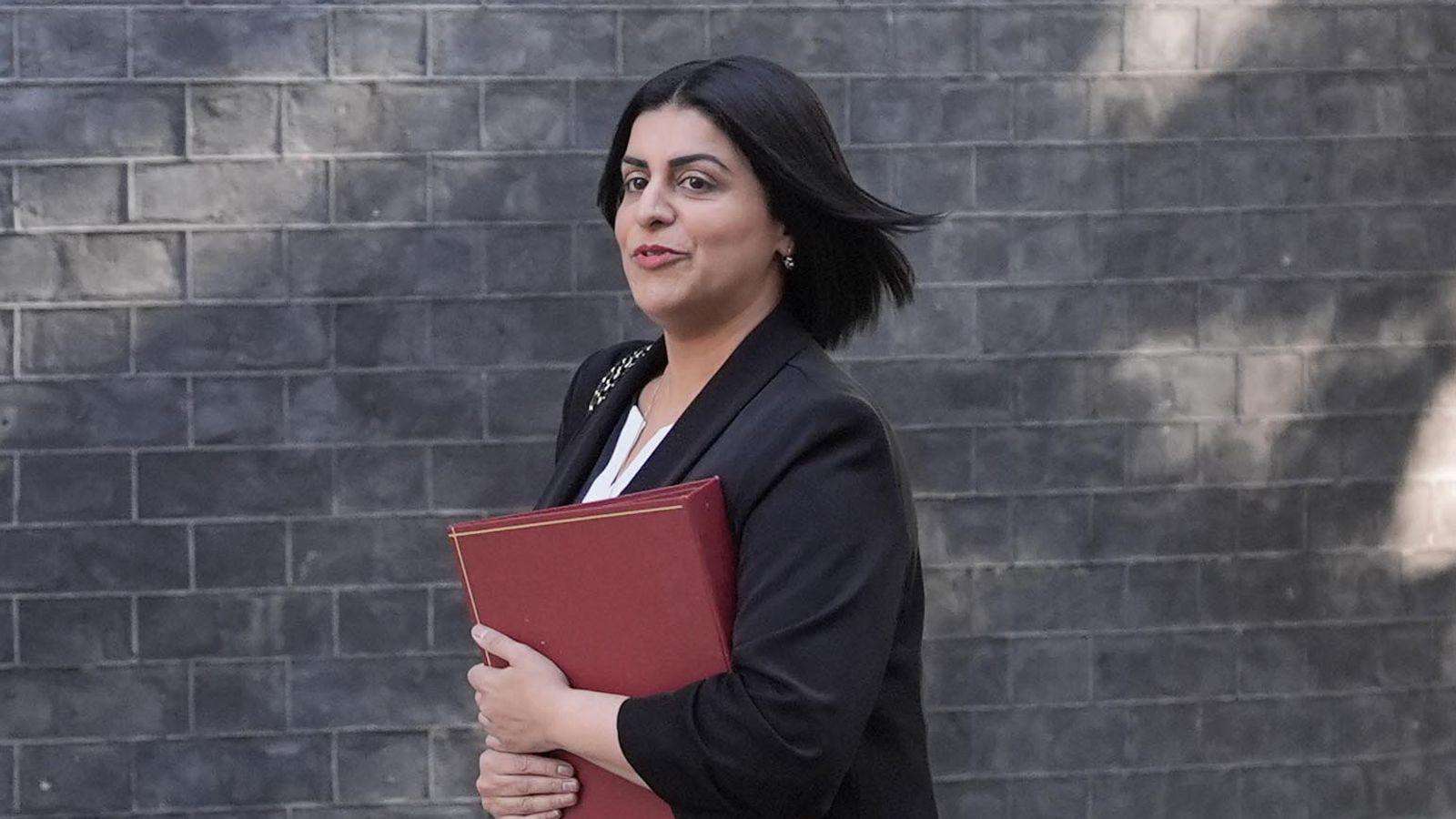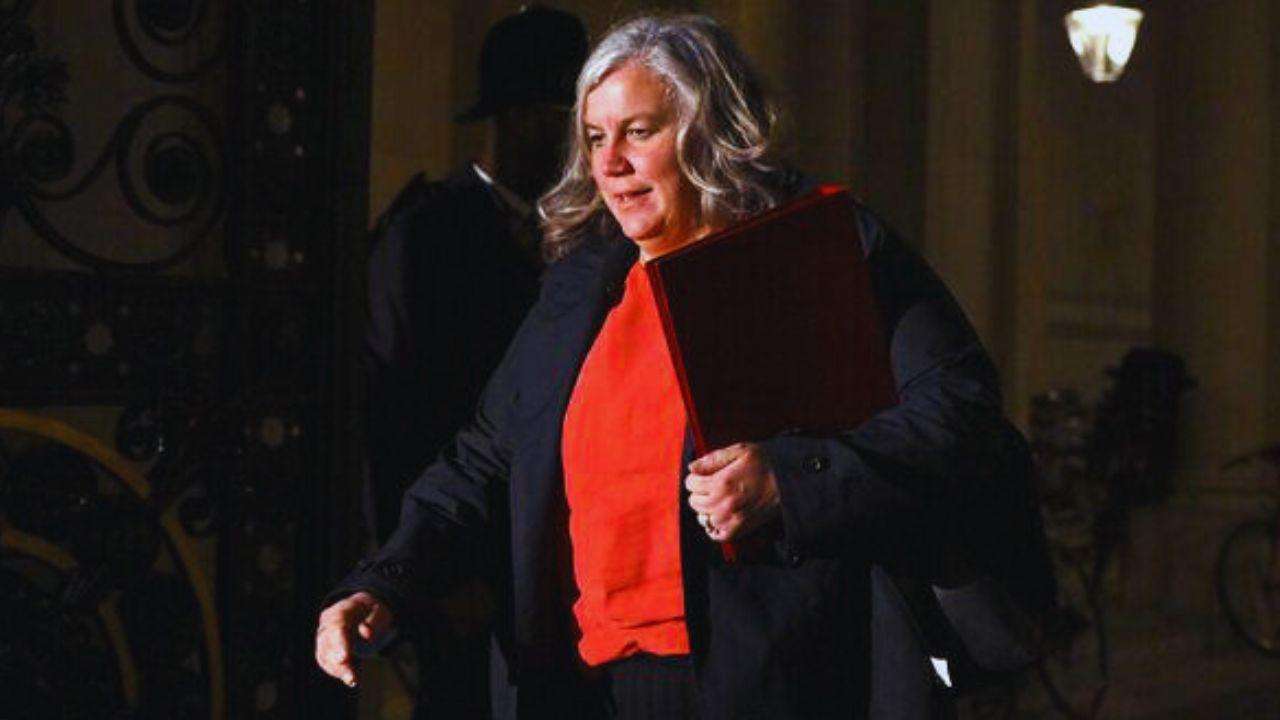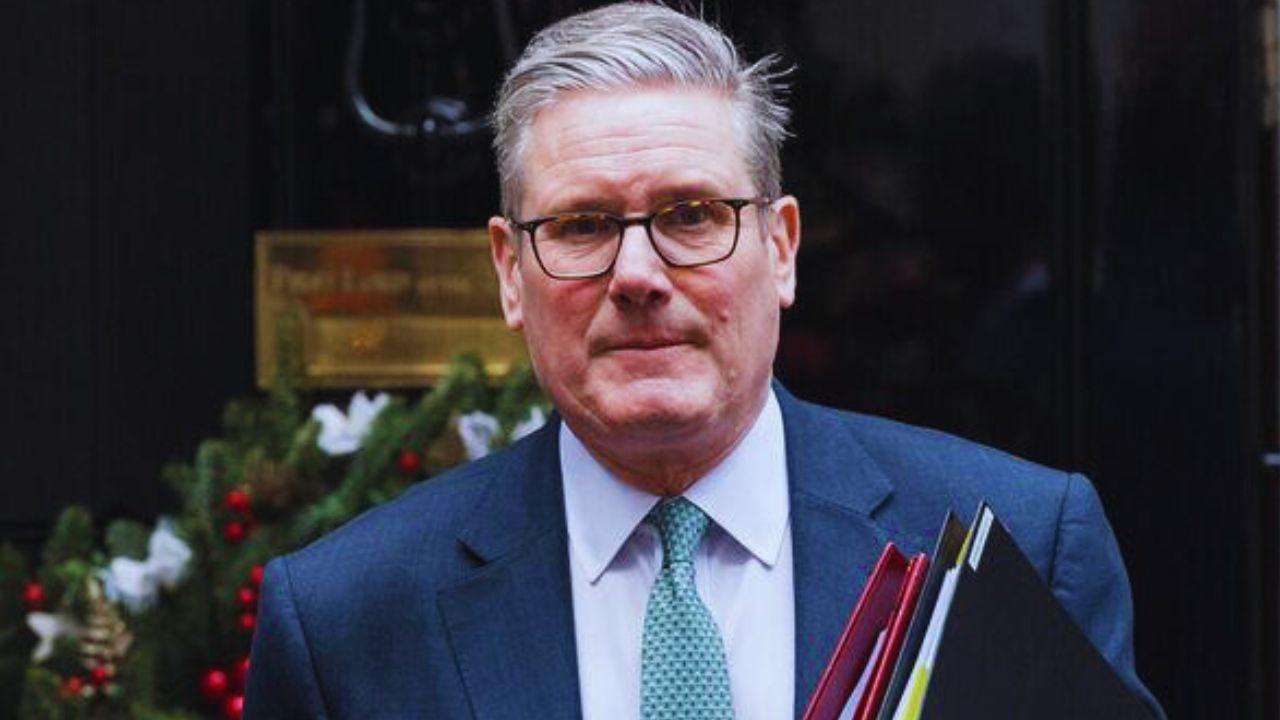Keir Starmer’s team is acutely aware of the looming political challenges. Each Friday, the prime minister’s chief of staff, Morgan McSweeney, hosts a 30-minute "forward look" call with Labour staff. These sessions review major events from the past week and outline key issues for the days ahead. Previously, polling data—covering public opinion on Labour policies and its leaders—was a central focus. However, as poll results worsened dramatically, they were quietly removed from the agenda.
Council by-election results remain a key discussion point. Since the July general election, Labour has lost 22 seats, and even in areas where the party has held on, its vote share has often dropped by 20%. Meanwhile, Nigel Farage’s Reform Party is gaining traction, and the Greens are increasingly challenging Labour from the left.
After just five months in office, Starmer has the worst net satisfaction of any prime minister – minus 34 – in the history of Ipsos polling, which goes all the way back to the 1970s. He is polling 12 points lower than the doomed Rishi Sunak was at the same point in his tenure. Labour is now polling in the mid-20s, both the Tories and Reform nipping at its heels. There is now a national conversation which seriously entertains the prospect of Farage as prime minister. All this less than half a year after the most calamitous government in British democratic history was routed.
Why has everything gone so disastrously wrong? Starmer’s closest supporters are privately disheartened, and numerous explanations are being suggested. Former chief of staff Sue Gray is blamed for failing to prepare Labour’s leadership for governing and delaying crucial policy decisions. Cabinet ministers have established their own powerful silos, with Starmer appearing to have limited influence over them. Meanwhile, the prime minister seems more focused on international travel and projecting himself as a global statesman. Responsibility for economic matters has been fully handed over to Chancellor Rachel Reeves, who has built her own stronghold at No. 11, supported by Matt Pound, a former Labour First organizer known for targeting the left, as her political secretary.
Anyone who has ever worked with Starmer arrives at the same diagnosis: he lacks politics. One senior Labour figure told me that when the party lost the Hartlepool byelection in May 2021, the Labour leader had a major crisis of self-confidence. That led him to outsource his political operation to what former Labour MP and Tony Blair adviser Jon Cruddas called “the most rightwing, illiberal faction in the party” – the Labour right. New Labour’s founders were substantial figures: their heirs are often one-dimensional hacks who learned their trade in the grimmest recesses of student politics.
When Starmer’s leadership is officially classified as “in crisis”, a moment which is fast approaching, this faction will not be short of excuses. They will blame Starmer for not being a “true believer”, and argue for a Blairite tub-thumper, such as the health secretary, Wes Streeting, instead. Ask them why their prince over the water nearly lost his seat to 23-year-old British-Palestinian prodigy Leanne Mohamad in July’s general election, and be met with an expression screaming “does not compute”. Only political pressure from the right is deemed legitimate.
But Starmer should not be their fall guy. Here is the basic truth: the Labour right ran out of ideas long ago. For the permanently crisis-stricken Britain that emerged after the 2008 financial crisis, they have no solutions. This is why Corbynism emerged in the first place. They then had years in political exile to come up with something, anything – a concrete vision for a Britain long defined by low growth, stagnating living standards and poor productivity. But they didn’t. And when they were gift-wrapped an election victory by a Tory party that had dived into the abyss, they marched into power and quickly defined themselves by kicking pensioners and taking freebies from rich donors.
The only ministers with actual ideas belong to the so-called “soft left”. One was Louise Haigh, departed transport secretary, after a long-dormant saga involving missing work phones from a decade ago was conveniently resurrected, leading to her resignation. From her “bus revolution” to public ownership of rail – expect the latter to be diluted – Haigh at least had verve. Then there’s Ed Miliband, the energy secretary, who is despised by Starmer’s Blairite cabal, with Streeting launching pointed attacks on his colleague. We will see how long he survives.
Disillusionment in Britain is fed by a broken economic model: crumbling public services, creaking infrastructure and the failure to grow disposable incomes, which are set to fall under this government. Faragism offers an answer: it’s immigrants’ fault! A coherent economic agenda that speaks to the country’s woes could offer an alternative to the threat from Reform. But Starmer’s allies are ideologically opposed to this, so instead they seem determined to compete with the populist right on migrant-bashing. Centre-right and centre-left parties have tried this approach in Europe and – spoiler! – it only succeeded in boosting the insurgent right, by pushing political conversation on to exactly the terrain in which they prosper.
Our intellectually bankrupt rulers risk delivering Britain into the hands of hard-right demagoguery. It falls, then, to the left to channel disillusionment into a more constructive direction. So far, the response is lacking. The Green party surged in July, but has failed to pick headline-grabbing fights, or build momentum in the dozens of seats in which it secured second place in July. The seven Labour MPs suspended for opposing the poverty-generating two-child benefit cap have not accepted they have no future in the party, and haven’t redirected their energy elsewhere. If Jeremy Corbyn and his four fellow independent MPs set up a new party, it will need to strike an arrangement with the Greens. Whatever happens, the left needs to present a clear coherent vision, and fight to set the political agenda in the face of hostile media. If that fails, then start the countdown clock to a grinning Farage in front of the No 10 lectern.








.svg)



